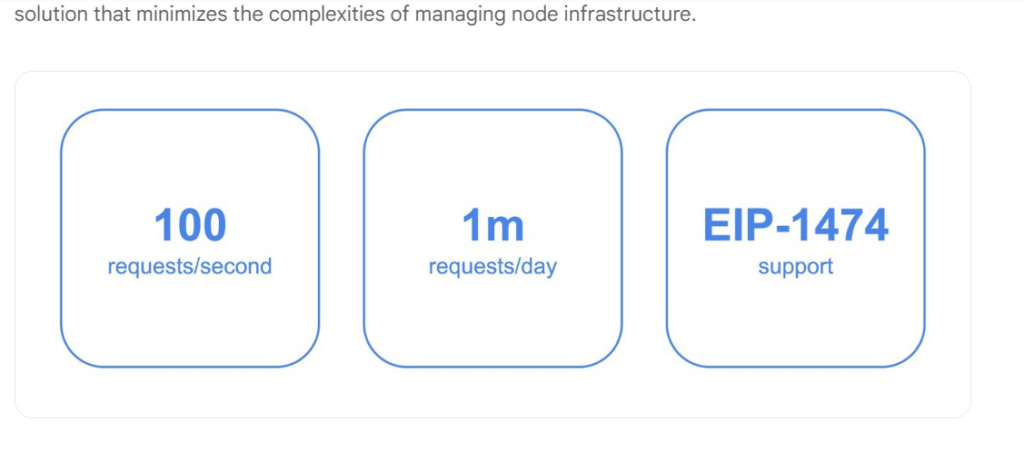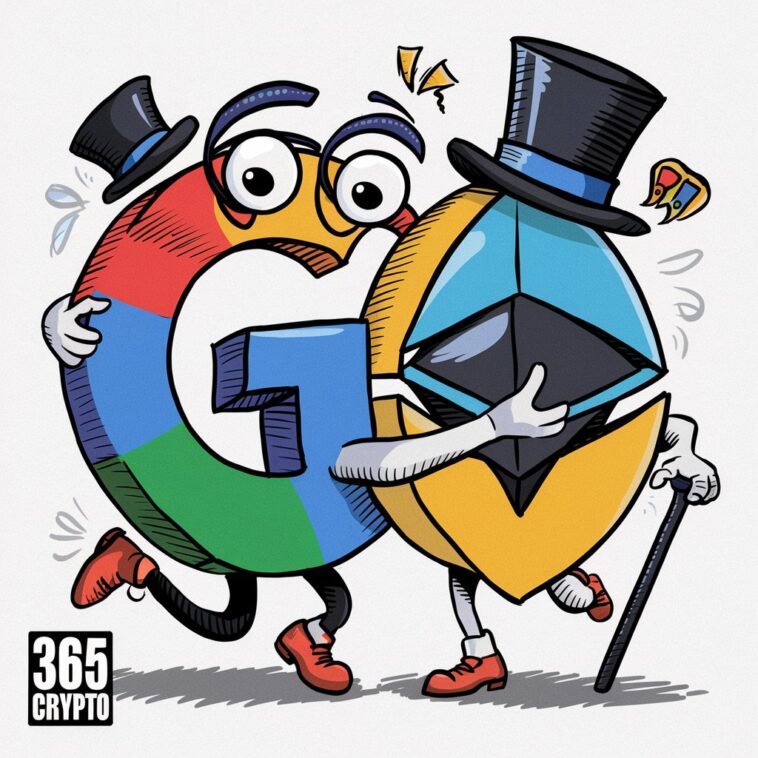Google Cloud Launches Ethereum-Compatible Blockchain RPC Service
Google Cloud has introduced a Blockchain Remote Procedure Call (RPC) service, initially supporting Ethereum, aimed at simplifying blockchain data interactions for developers and enhancing the performance of decentralized applications (DApps).
What is Blockchain RPC?
RPC is a communication method allowing one program to request a service from another, usually located on a different network. For blockchain, it helps developers interact with the blockchain network. Google’s Blockchain RPC service is designed to improve this process, particularly for Ethereum-based applications, offering faster, more reliable data access.
Ethereum Support and Future Expansion
Currently, Google Cloud’s RPC service is compatible with Ethereum’s mainnet and testnet, supporting up to 100 requests per second and one million daily requests for free. It’s built to meet Ethereum’s JSON-RPC standard, allowing easy integration into Ethereum DApps with minimal code changes. In the future, Google plans to extend support to other blockchains.

Addressing Developer Challenges
One of the primary challenges in blockchain development is the reliability of RPC services. During high network activity, DApps can experience delays, which impact transaction processing. Google Cloud’s robust infrastructure aims to solve this by offering enterprise-grade security and scalability, ensuring DApps run smoothly even during traffic surges.
Developer-Friendly Features
- Cost-effective: The service includes a free tier, making it accessible to developers and startups.
- Easy Integration: Developers can switch to Google’s RPC by simply updating their RPC endpoints.
- Scalability: As application demand grows, the service can handle more requests without manual scaling.
Next Steps
Google Cloud’s Blockchain RPC service is available globally in preview, allowing developers to start building with it. The company will continue to expand blockchain compatibility while hosting a webinar on October 10, 2024, to discuss the future of its Web3 initiatives.
Web3 refers to the decentralized internet built on blockchain technology, offering enhanced security and user control.




